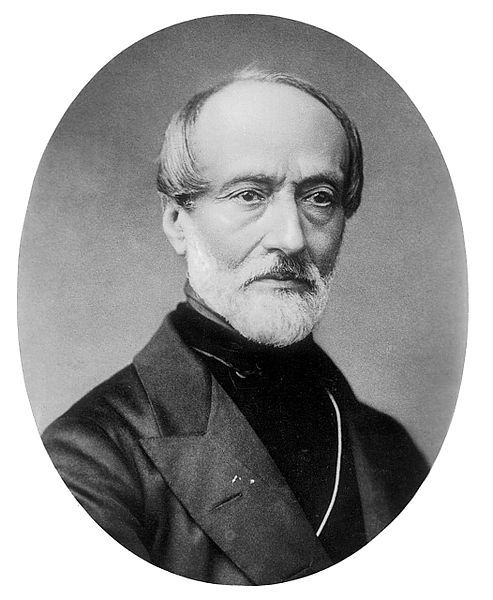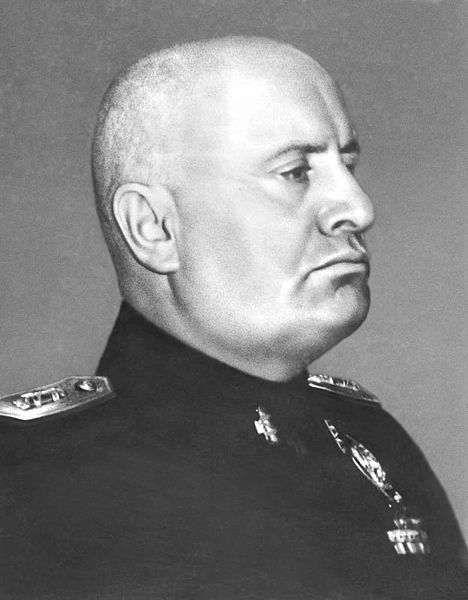1946 Italian institutional referendum
An institutional referendum was held by universal suffrage in the Kingdom of Italy on 2 June 1946, a key event of contemporary Italian history. Until 1946, Italy was a kingdom ruled by the House of Savoy, reigning since the unification of Italy in 1861 and previously rulers of the Kingdom of Sardinia. In 1922, the rise of Benito Mussolini and the creation of the Fascist regime in Italy, which eventually resulted in engaging the country in World War II alongside Nazi Germany, considerably weakened the role of the royal house.
Giuseppe Mazzini. His thoughts influenced many politicians of a later period, among them Woodrow Wilson, David Lloyd George, Mahatma Gandhi, Golda Meir and Jawaharlal Nehru.
Carlo Cattaneo
Felice Cavallotti
Benito Mussolini
Universal suffrage or universal franchise ensures the right to vote for as many people bound by a government's laws as possible, as supported by the "one person, one vote" principle. For many, the term universal suffrage assumes the exclusion of the young and non-citizens. At the same time, some insist that more inclusion is needed before suffrage can be truly universal. Democratic theorists, especially those hoping to achieve more universal suffrage, support presumptive inclusion, where the legal system would protect the voting rights of all subjects unless the government can clearly prove that disenfranchisement is necessary. Universal full suffrage includes both the right to vote, also called active suffrage, and the right to be elected, also called passive suffrage.
Voting is an important part of the formal democratic process.
The European Parliament is the only international organ elected with universal suffrage (since 1979).
Satirical drawing by Touchatout depicting the birth of universal suffrage, "one of the most sacred rights of Man, born in France on 24 february 1848."







